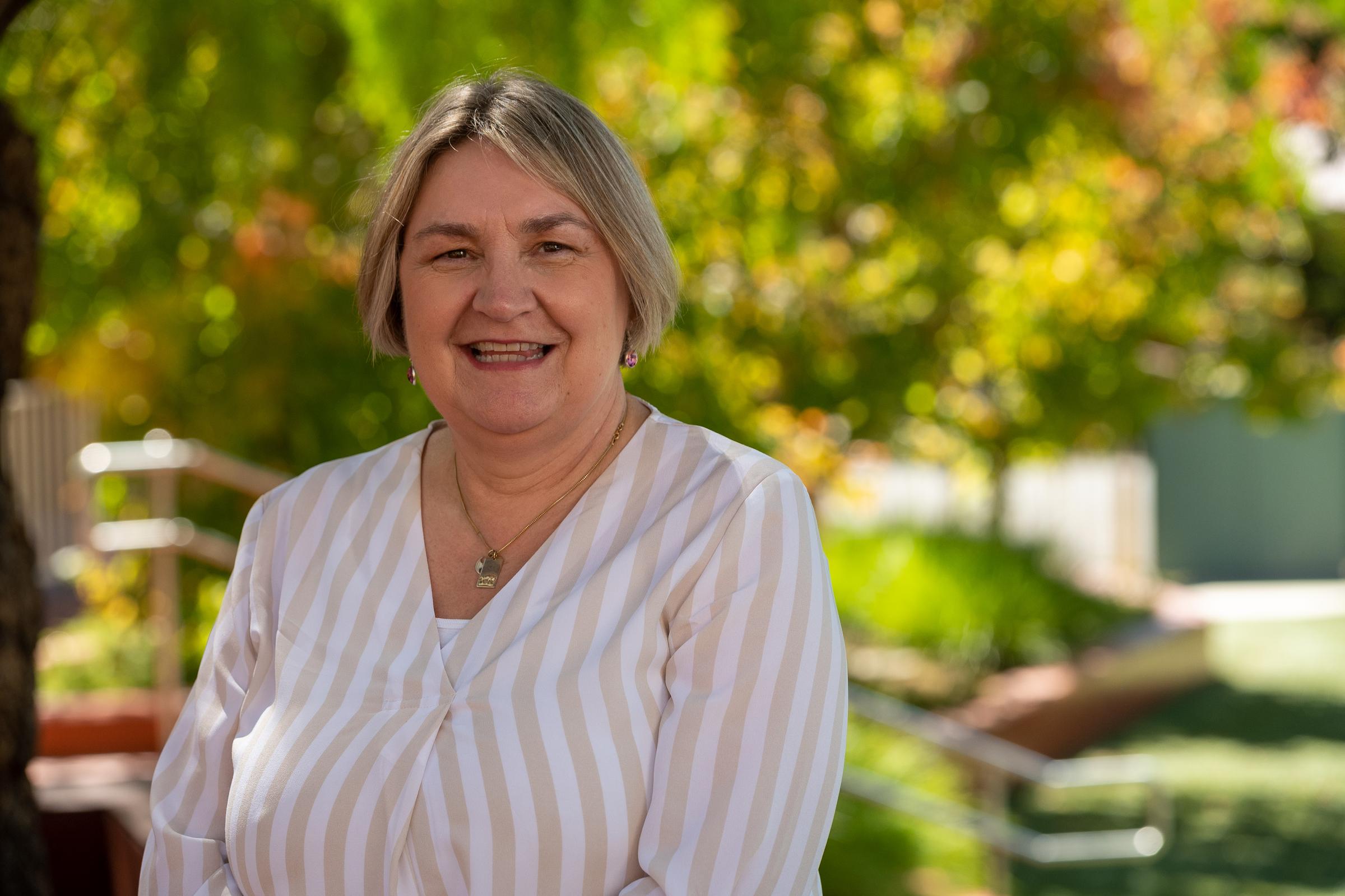From the Head of Senior School

Last week, Parent-Teacher Interviews were conducted for all students in our Senior School. Both floors of the Naunton Family Building were busy with the chatter of teachers, parents and students discussing their Semester 1 examination results, their child's work ethic, and strategies to improve their performance in future assessments. If you could not speak with your child's teachers at the Parent-Teacher Interviews, we encourage you to contact them to arrange a mutually convenient time.
It is hard to believe our Year 12 students are in their final full school term. It’s important for Year 12s to now maximise the time they spend at School to ensure they are sufficiently prepared for their upcoming SACs and VCE exams. Being at School gives them the opportunity to speak with their teachers to seek guidance on their subjects in an environment that facilities learning, especially when using the dedicated study rooms the School provides for all our Year 12 students. Research shows that most students prepare for exams in an unstructured manner, which results in them leaving the highest-value work until too late. Using an examination planner allows them to map out precisely what needs to be done in preparation for exams and split that preparation into specific tasks, with deadlines assigned to each task to ensure everything gets done on time. We recommend that students allow sufficient time to work through the following methods to prepare for their examinations:
- Complete past papers on the topics that challenge them most
- Seek teacher advice and feedback after SACs
- Work with their peers in study groups, taking turns to ask and answer practice questions
- Address mistakes made in assessments by seeking advice or checking why the mistake was made
- Prepare an examination planner for each subject that lists their goals and deadlines
- Complete practice papers provided by their teacher.
Most students in the Senior School will now have completed their first assessment of the new semester. Sometimes they may have eagerly awaited the results of an assessment or test they thought they had worked hard on, only to be disheartened by a disappointing mark. It is normal to feel down at first, but it’s helpful to consider setbacks as opportunities for growth and improvement. Here are some steps your child can take to handle a disappointing mark and turn it into a learning experience:
1. Analyse and understand the feedback
When your child's assessment is returned, they should take the time to review the feedback provided by their teacher and ask themselves the following questions:
- Did I meet all the criteria outlined in the assessment rubric?
- What specific feedback did my teacher provide to me on Astra or in class?
- Did I fully comprehend the feedback given?
- Can I identify the reasons behind the mark I received?
If your child is unsure about any aspect of their feedback, they should ask their teacher for further clarification. Understanding the reason for the mark is crucial to avoid repeating the same mistakes in the future. Once they have recognised how the mark reflects their performance, encourage your child not to dwell on it too much. They should acknowledge that everyone experiences disappointing results at some stage and view this experience as an opportunity for growth. Embrace the mindset that successful individuals use setbacks as stepping stones towards improvement.
2. Learn and adapt
Improvement comes from learning from our mistakes and taking action to rectify them, which is why it's important for students to consciously identify where they went wrong and devise a plan to correct it. The following steps should be considered as part of the review and feedback process:
- Re-do the assessment: If your child has the dedication and time, they can talk to their teacher about revisiting and resubmitting parts of the assessment task. While it won’t change their original mark, revising their work demonstrates their commitment and helps them apply the feedback effectively.
- Seek inspiration: Your child could ask their teacher if they can examine samples of work from past students who received top grades. They should analyse this work to understand what elements contributed to their success and identify areas where their assignment fell short.
- Seek early feedback: For their next assessment, encourage your child to share a draft or ideas with their teacher before the submission deadline. This proactive approach allows them to receive valuable feedback early on, giving your child ample time to improve.
A child's academic journey is about learning and growth. They should embrace every successful or disappointing assessment as a chance to hone their skills and become a better student. With a positive attitude and willingness to learn, they will be better prepared to face future challenges and achieve their goals.
Ms Dawn Davis
Head of Senior School




